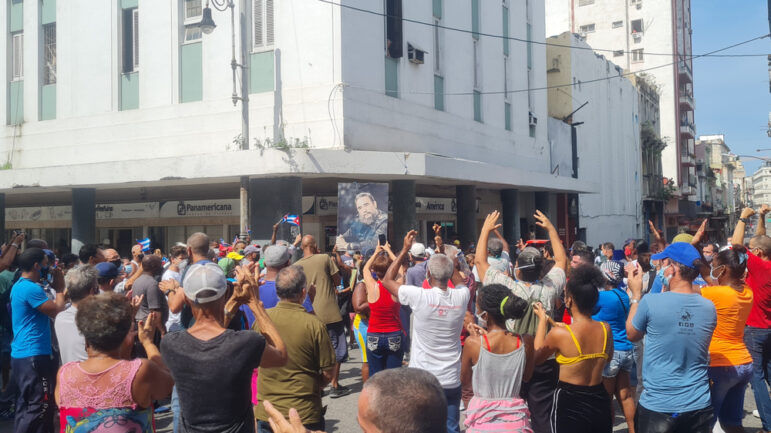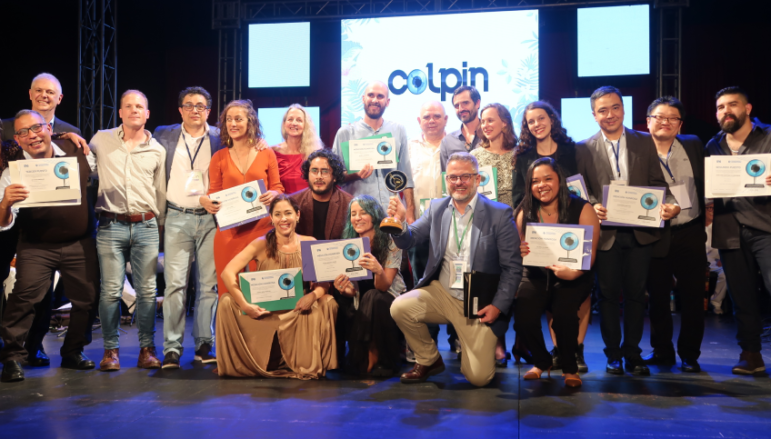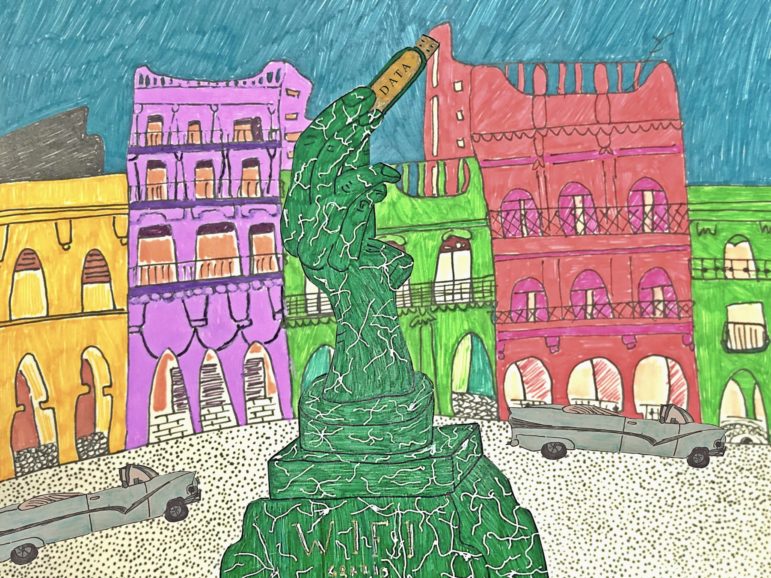
News & Analysis
Nora Gámez Torres, Cuban Journalist in Florida, Wins Maria Moors Cabot Prize
The award-winning reporter was described by the jury as “the most authoritative voice on the island nation in the US media.”

The award-winning reporter was described by the jury as “the most authoritative voice on the island nation in the US media.”

Accusations of sexual harassment against the head of a state-owned bank, the transnational growth and influence of Salvadorian gang MS13, and the striking accumulation of wealth by the president and his family in one of the poorest countries in Central America. These were some of the investigative topics among the prize-winning stories featured at the 2022 Latin American Conference on Investigative Journalism.

A press freedom crisis is rippling across Latin America and in some places the technological, legal, and physical threats have grown so severe that investigative journalists feel compelled to flee their home countries to keep reporting.

For our series about journalists’ favorite tools, we spoke with Barbara Maseda, the founder and editor of Proyecto Inventario, an open data platform for journalists reporting on her native Cuba. She told GIJN about the investigative tools she uses to overcome the difficulties of data reporting in and about Cuba.

Non-state media in Cuba defy the constitution of the country, which explicitly prohibits the existence of private media in Article 52. But that hasn’t stopped these 14 independent media houses – most of which started up after 2014 – from winning international awards.

Even as the attention span of readers gets shorter, Latin American media have taken the risk of producing long-form journalism for the internet and struggling to impose itself in the midst of overproduction of content more easily consumed on the internet.